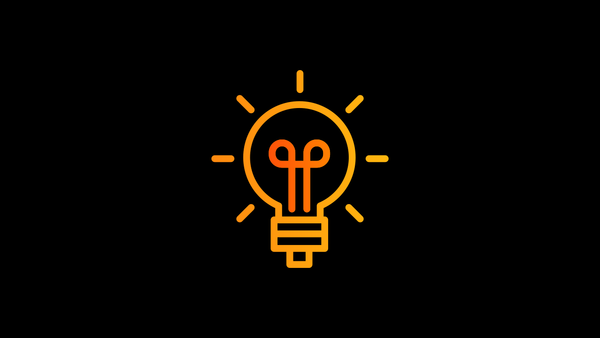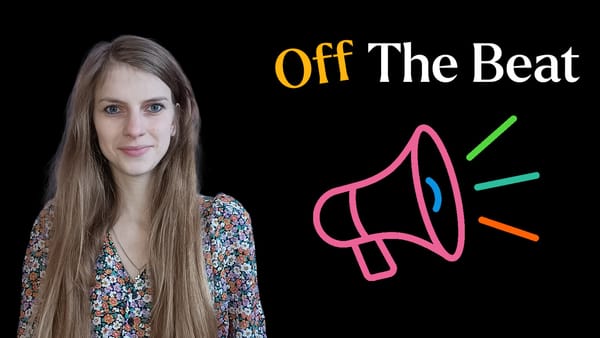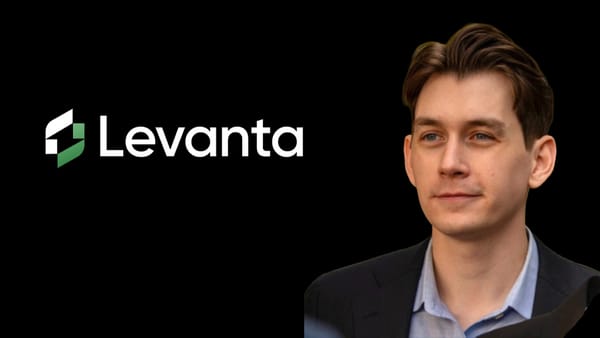Perplexity AI has launched Comet, an ‘agentic search’ browser to rival Chrome, Safari, Firefox, and others.
It's rolling out gradually to users, with immediate access available to those subscribed to the $200-per-month Perplexity Max plan.
Judging by the demos, the browser is truly reimagining how users can engage with the internet.
There’s an AI chatbot embedded in a sidebar that can analyse and interact with any given webpage.
For example, it could summarise an hour-long YouTube video in a few bullet points within seconds, or abstract material from a long Reddit thread. It can illuminate complex journeys on Google Maps with ease and plan extensive trips. Tasks can also be performed via voice or text prompts.
Perhaps most interesting to marketers is how it approaches online shopping.
Comet has the ability to generate tabs, search for and compare products, and fill up shopping carts.
The demo shows an example prompt: ‘Put together a grocery cart on Instacart for me from Walmart. I want to make butter chicken and chicken cobb salad.’
Comet then creates a new tab where it loads the ingredients into an Instacart for the user, ready to purchase.
Another demo shows Comet comparing products across multiple tabs, scouring the web for an aggregate review score, and making personalised recommendations on which product to buy.
Essentially, it acts like everyone’s personal AI shopper.
For marketers, this presents some questions. Decades have been dedicated to the art and science of capturing a human’s attention, but how do you capture an AI’s?
How can marketers stand out and appeal to the AI that searches and cherry-picks for its user?
These are questions that do not yet have clear answers. There are start-ups already making headway in the world of AI SEO, also called Generative Engine Optimisation (GEO). These would include Profound (which was shouted out by Lily Ray at Awin ThinkTank this year), Athena (founded by a former Google employee, who perceives the end of traditional search), and Scrunch. However, it’s early days. Content optimisation is one thing, but product optimisation is another.
What we could extrapolate is that AI will have to determine product choice via online reviews, reports, and comments. A significant swathe of this content in any given vertical is likely to be affiliate. If they are contributing to the customer journey, significantly assisting with the final conversion, then they should earn a commission.
Direct, on-site click-through rates may decrease, but that does not water down the importance of the affiliate in the customer journey.
If an affiliate is especially appealing to GEO, the same way affiliates work SEO, then their contributions grow even larger.
These pathways open up possibilities for affiliate marketers.
However, there are challenges – namely, tracking these conversions and locating affiliates’ roles in AI shopping journeys.
Industry figures, including OpenAI CEO Sam Altman, have previously raised the idea of utilising affiliate fee structures to monetise these platforms.
Perplexity recently introduced a publisher partnership programme whereby publishers are compensated if they appear in ‘sponsored answers.’ This would be the equivalent of a paid search placement in an answer. If a publisher’s content is used to support the ad, then they receive a cut.
But what’s happening on Comet stares vastly beyond this kind of model. It’s the entire purchasing funnel condensed into a zero-click window of seconds. Users may not directly interact with each stage to get to the end, but the AI does. How the industry tracks this engagement will be key.
Right now, we do not know how affiliate will fit into the mix from a compensation perspective, but the conversation should be getting started.










